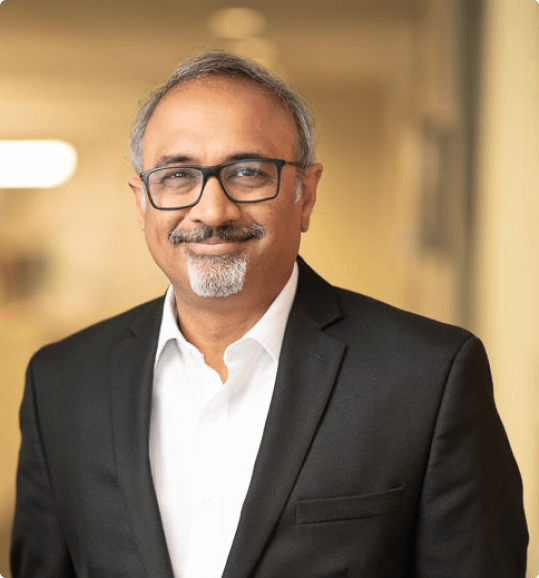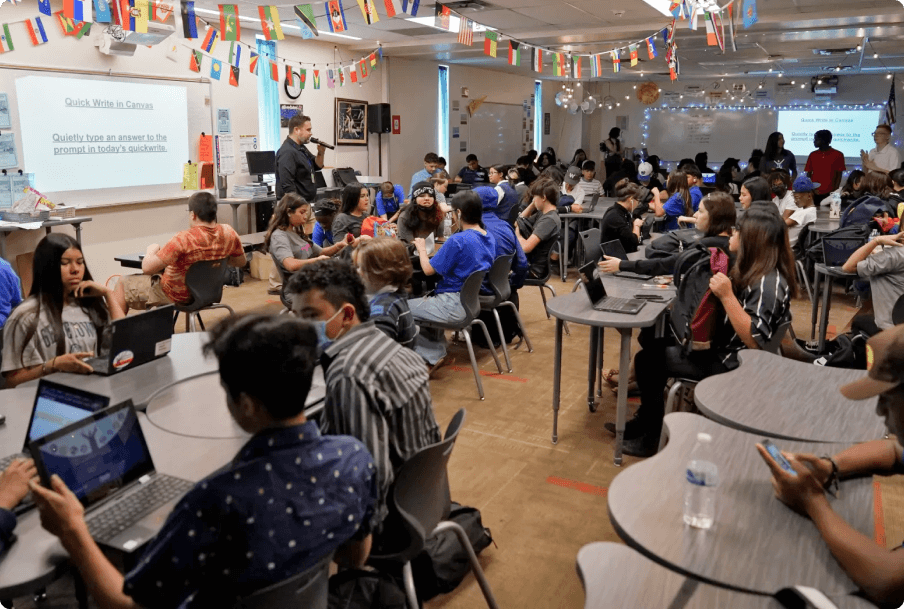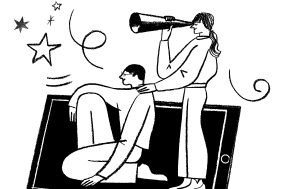Trend 4
Teachers are Now Coaches
As students navigate an increasingly personalized learning landscape to meet their goals, educators are rethinking their roles to focus more on mentoring than teaching.
Peak performance
In the past, teachers were seen as content experts who transmitted knowledge to students. Modern advancements in technology, like admin automation and smart student data, have made it possible for teachers to focus more on supporting students in achieving their goals. As a result, we’re seeing teachers becoming more like coaches who empower students to make their own way through education.
What is coaching?
Coaching is a form of development in which an experienced person supports an individual or group in achieving their goals by providing guidance.
Having a dedicated person to support your development can be invaluable to success
of people who receive coaching experience increased self-confidence
benefit from improved performance
Source: The Institute of Coaching (affiliated with Harvard Medical School)18

“The objective of this new teacher should be transforming individual student’s abilities to achieve their full potential. A focus on deliberate practice and deeper mastery should be encouraged.”Sanjay SarmaVice President for Open Learning Massachusetts Institute of Technology

Team-based teaching models will become more popular to meet demand, with small teams of teachers leading and coaching larger classes of students together. This particular Arizona classroom has four teachers to 135 students. 19
Source: In one giant classroom, four teachers manage 135 kids – and love it, Hechinger Report.
Improving access
It's clear that mentorship can be a powerful tool in education. Research found that young people with mentors are 55% more likely to be in college, and 130% more likely to hold a leadership position.20
Despite this, many students don’t have any opportunity to form meaningful school-based relationships centered around personal development.
Only 37% of parents say their student has a mentor at school22 and only 14% of school districts met the ratio of one counselor to every 250 students recommended by the American School Counselor Association.23 To close this gap in network opportunities, schools will need to both recognize and measure the value of these relationships as crucial for student success.
“Programs must start to treat relationships as outcomes in their own right, quantifying and tracking them over time alongside academic metrics.”
Source: The Missing Metrics: Emerging Practices for Measuring Students’ Relationships and Networks²⁴
Our view at Sora
A big part of the future will be upskilling the ambitious educators of tomorrow with coaching ability. Sora advisors work with 10 students each – not 150 – collaborating on things like goal setting and personal development feedback. This has led to 88% of Sora students agreeing that they have at least one faculty member they feel comfortable talking to when they have a problem, compared to only 37% of parents from our public survey who say their student has a mentor at school.
Zack Boboth, STEM Expert at Sora Schools“To best serve this role of coach, we teachers need to make meaning for our students out of the vast amount of high quality, easily accessible information available today. The long-term goal is for students to eventually ‘make meaning’ themselves, but students need to see meaning being made multiple times first from a coach. And this is where most schools fail.”

